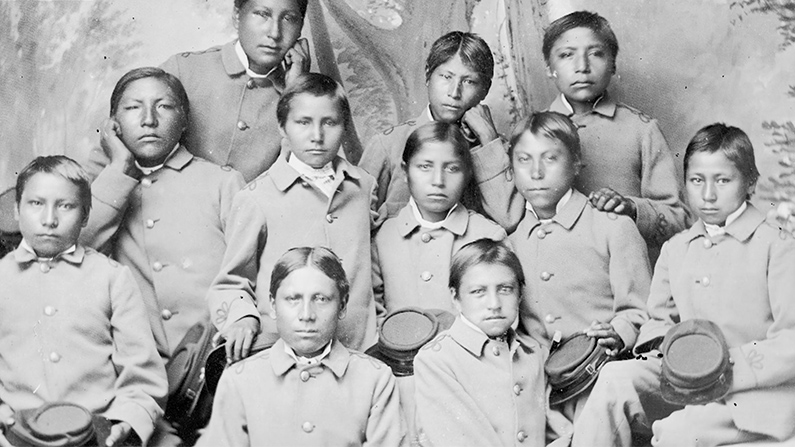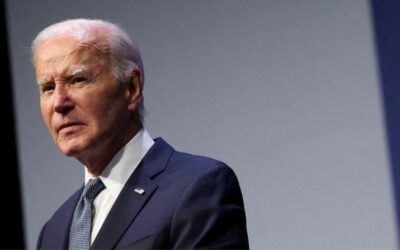The ACLU of Wyoming is weighing in on a U.S. Supreme Court case that could overturn the Indian Child Welfare Act (ICWA). On Aug. 18, the ACLU branch in Wyoming, along with 13 other states, sent the court an amicus brief urging them to uphold the act, which protects Indigenous children from forced removal from their families and tribes.
State welfare agencies have historically removed Indigenous children from their homes at much higher rates than non-native children. Up until the late 1970s, Indigenous children were placed in foster care up to 20 times more than their non-native peers, according to the Association on American Indian Affairs.
However, that changed in 1978, when Congress created ICWA and established basic requirements to protect Native American children from removal and prioritize placing them with extended family members or tribal communities when needed.
“It basically ensures that all efforts are made to maintain those ties and connections between Indian children and their heritage,” said Stephanie Amiotte, the legal director of the Wyoming ACLU and an enrolled member of the Oglala Lakota Sioux tribe in South Dakota.
The Supreme Court will soon consider a challenge to the constitutionality of ICWA. In November, the court will hear oral arguments in Brackeen v. Haaland, a case which questions if the ICWA operates on the basis of race and is, in turn, unconstitutional.
If the legislation is overturned, Amiotte said states could once again be able to remove Indigenous children from their families, potentially threatening the future of tribes.
“As Native American children become more and more displaced from their Indigenous homes, their Indigenous relatives, their Indigenous communities and tribes, it essentially cuts the ties to their Indian culture,” Amiotte said. “And over time, as we see this progress, it will dwindle the future existence of Indian tribes within the United States.”
Amiotte said the future of tribes in Wyoming and throughout the nation depend on ICWA being upheld. The Eastern Shoshone Tribe of the Wind River Reservation has also joined 325 tribes nationwide in urging the Supreme Court to support ICWA, while the Northern Arapaho Tribe is asking the Wyoming State Legislature to enshrine the same rights protected by ICWA in state law.
“There’s not only a significant benefit to Native American children in Wyoming under ICWA,” Amiotte said. “But there’s also the long-term benefit to the overall future existence of tribes that exist in Wyoming.”





